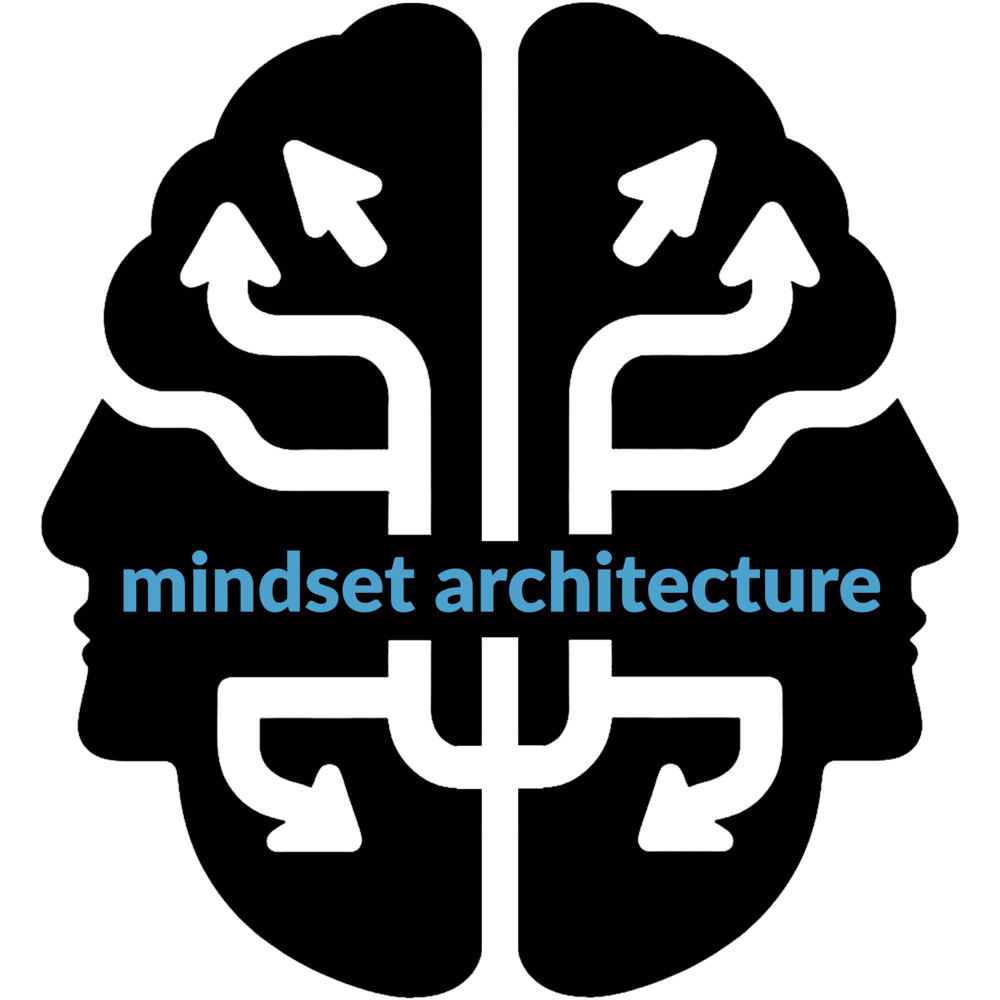Why we all have one, how it holds us back — and how it might just become your greatest ally.
By Del Hossain, Assoc. Professor UCL, Wellbeing Psychologist, Leadership & Positive Psychologist, Coach, Architect, Mindset Architecture Coaching | The WOWMIND | Adrem Search Specialist | NED | Dot Connector

There’s a peculiar voice that lives within all of us. It is not the voice of intuition, nor is it that of bold inspiration or creative brilliance. No — it’s the murmuring voice of criticism, ever ready to pounce with whispered doubts, sly comparisons, and the occasional and in some cases frequent slaps across the face.
“You’ll mess this up.”
“Who are you trying to kid with this?”
“They’ll realise you’re not as good as they think.”
“Stay small — it’s safer that way.”
Sound familiar? This voice — so constant, so convincing — is what is known as the Inner Critic. And, like an overzealous understudy who’s somehow stormed the stage, it often ends up directing the entire performance of our lives. The person sat on your brain repeating the mantra ‘I’m not good enough.’
But here’s the twist: that voice didn’t come out of nowhere. Nor is it some malevolent force sent to ruin your ambitions, hopes and dreams. In fact, it began as something rather well-intentioned, your ‘Self-Protection Police,’ so to speak.
In early life, we humans are eager learners. We absorb, internalise, and adapt to fit our environments — particularly to ensure love, approval, and safety. Messages from parents, teachers, peers, and the broader culture are carefully stitched into the fabric of our minds, internalised and put into our ‘ internal validation library.’ Over time, these messages morph into something called ‘introjects’ — internalised beliefs about who we must be in order to be “enough.”
Your Inner Critic is the embodiment of these beliefs. Its mission? To keep you safe from rejection, embarrassment, or failure — usually by keeping you small, quiet, or over-prepared to the point of exhaustion. Its motto could be borrowed from Orwell: “If you just follow the rules, no one gets hurt.” Eric Berne, father of Transactional Analysis, referred to this part of us as the Critical Parent — the internal voice of “shoulds” and “oughts,” shouting instructions from the wings long after our actual parents, teachers, or influencers have left our lives.
The Science of Sabotage
Curiously, the more competent, creative, or ambitious one is, the louder this voice often becomes. This isn’t just poetic licence — it’s borne out by research.
Psychologists Pauline Clance and Suzanne Imes coined the term Impostor Syndrome in the 1970s, after observing high-achieving women who, despite clear evidence of success, felt like frauds. They couldn’t internalise their accomplishments — a classic example of the Inner Critic’s handiwork.
Meanwhile, Albert Bandura’s work on self-efficacy — (our belief in our own ability to succeed), or to complete personal tasks or challenges — showed how this belief directly influences our performance. When our Inner Critic convinces us we’re not capable, it becomes a self-fulfilling prophecy. Doubt breeds hesitation, which invites underperformance, which then confirms the doubt. A truly cruel loop.
Must We Simply Accept This Internal Tyrant?
Not at all. Here is where the narrative shifts — beautifully and powerfully. The Inner Critic is not a villain to be exiled, but a misinformed guardian to be re-educated. Its methods are outdated, its scripts are dusty, and its voice — while familiar — is in dire need of a rewrite. It is the overprotective parent that doesn’t want you to take chances:- Don’t take a gap year, you’ll be behind. Don’t travel alone, what happens if you get ill. And later in life, this inner voice tells you, ‘Stick with the job that you have, because at least you have a job,’ not wanting to take a ‘perceived risk,’ all things that make you (with the best of intentions), not leave your comfort zone, even if it isn’t that comfortable to begin with. The problem is you also just might not find the real fire in you either.
One of the great insights from modern psychology and therapeutic coaching is that we don’t silence the Inner Critic; we transform it and to do that we have to change the dialogue and to do that we have to do those things.
So, what is This Alchemy of Change
The first step is awareness. The ability to notice the Inner Critic in action — not to become it, but to witness it. This echoes a key tenet in Acceptance and Commitment Therapy (ACT): the power of defusion. ‘You are not your thoughts. You are the observer of them.’ See them as though you were watching them on a screen.
From here, we begin to question: Whose voice is this, really? Is it a parent’s perfectionism? A teacher’s harshness? The impossible standards of Instagram’s curated highlight reel? Most of our Inner Critic’s commentary, when interrogated, falls apart like a cheap umbrella in a gale.
Then comes the beautiful part — rewriting the narrative.
In cognitive hypnotherapy and mindset coaching, we work to replace these self-limiting scripts with more constructive ones. Think of it not as removing the Inner Critic but upgrading it — from paranoid saboteur to wise mentor. From “You’re going to fail” to “This is unfamiliar — which means you’re growing.”
Indeed, a transformed Inner Critic can be your inner compass. Not a source of fear, but a whisper of truth: “This matters. That’s why it feels scary.”
A Final Thought (And a Gentle Challenge)
If this all sounds a little familiar — if you’ve ever held back from applying for the role, launching the idea, raising your hand, or stepping forward — then your Inner Critic is not just a concept. It’s a character in your life story. One that may have had far too many lines and is going from a bit part actor to the main protagonist, in the story of your life.
What would happen if, instead of trying to silence it, you gave it a new job description? These are amongst the most exciting transformational changes we see in people, in the work we are exposed to. When people decide to stand outside of their inner critic and re-write the script, it changes your frequency to live a life that’s familiar but different, perhaps more encouraging or empowered. When one shifts from critic to collaborator, from fear to curiosity, the internal landscape changes and so does ones life.
So here’s the invitation: The next time your Inner Critic pipes up, pause. Say, “Ah — there you are again.” And ask what it might be trying (in its awkward, outdated way) to protect you from.Then smile politely, and tell it:
“Thank you. I’ve got this,” and by this positive self-talk alone you will have begun to change just who runs the show.










